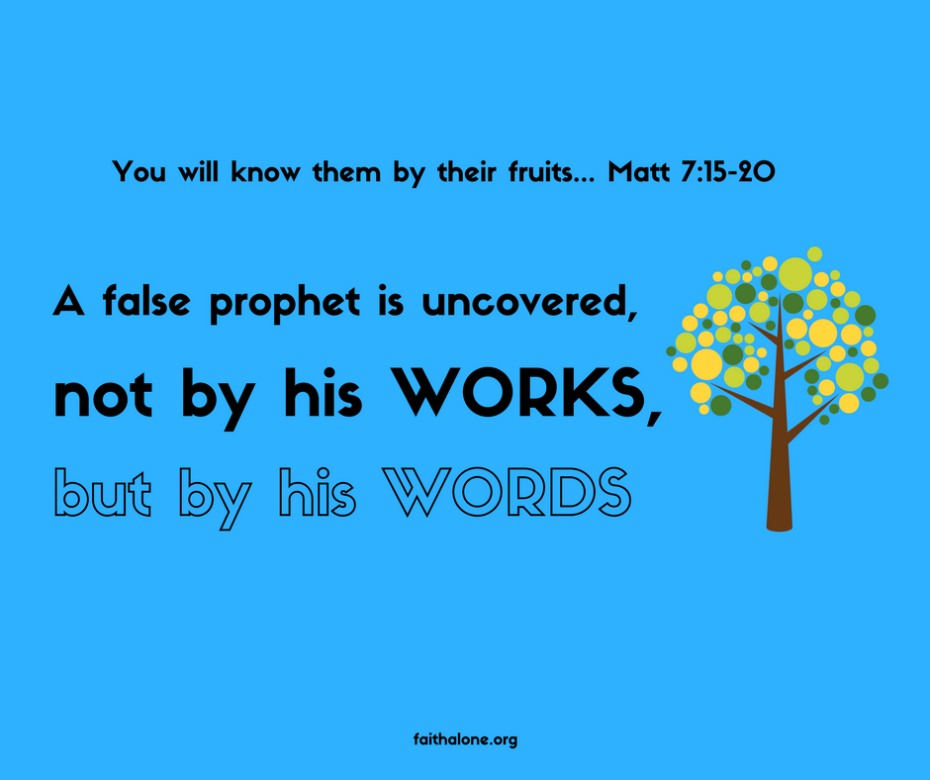The Challenge of Postmodernism
POST-EVANGELICALISM CONFRONTS THE POSTMODERN AGE A Review of The Challenge of Postmodernism ZANE C. HODGES Associate Editor Journal of the Grace Evangelical Society Mesquite, Texas In the cloistered halls of academia one of the newer buzz words is postmodernism. Postmodernism expresses the widely held view that modernity has somehow come to an end and that



